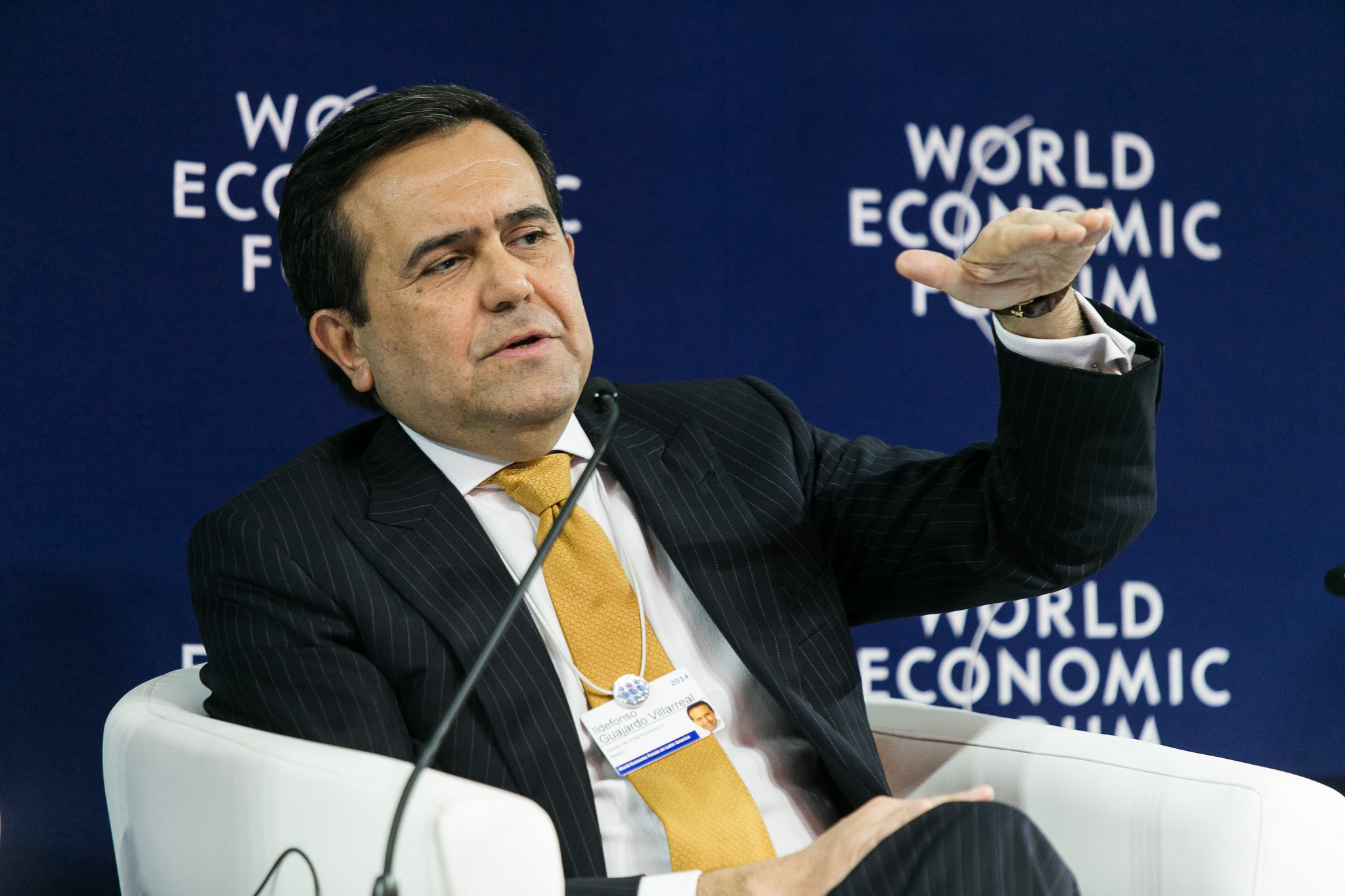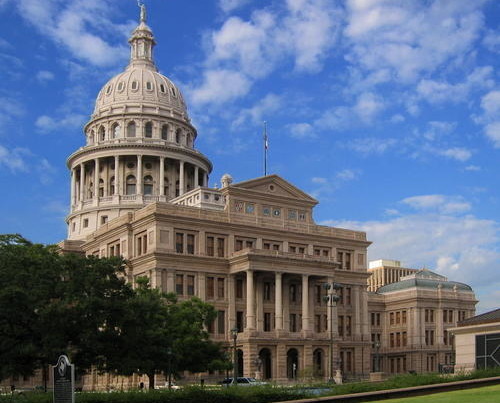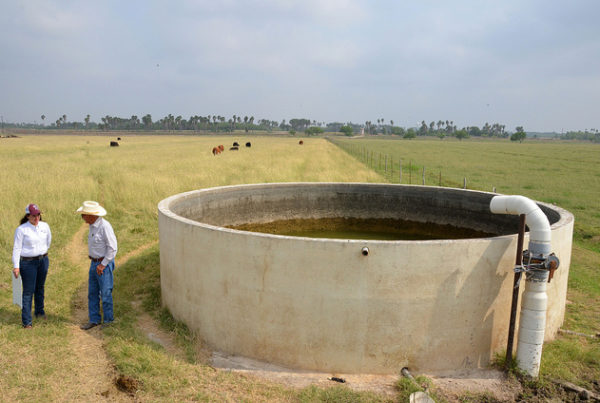President Donald Trump’s plan to take the U.S. out of the North American Free Trade Agreement (NAFTA), or at least renegotiate the agreement, has hit snags in Washington. One of these is Senate confirmation of the president’s choice for U.S. trade representative. Trump’s nominee, attorney Robert Lighthizer, faces conflict of interest questions over his past work on behalf of Brazil in trade negotiations with the U.S. Without a trade representative, the administration can’t proceed with renegotiating NAFTA.
Much of the debate over NAFTA has featured the voices of U.S. lawmakers. If NAFTA negotiations are reopened, Mexican officials will be on the other side of the table. One of these is Mexico’s Economy Minister Ildefonso Guajardo. He says that NAFTA could do with a refresh.
“Definitely NAFTA is a 22-year-old agreement. I think that it’s time that we modernize NAFTA, we improve it,” Guajardo says.
On modernization needed in a renegotiated agreement:
“Electronic trading didn’t exist 22 years ago. [We need] to update the intellectual property protection for inventions and trademarks. Twenty two years ago the energy sector was not a part of NAFTA. Today we have a different reality. Mexico has privatized the energy sector. The U.S. has developed shale gas and shale oil. So that’s one of the competitive advantages of North America in the international markets, to have cheap access to energy.”
On Mexico’s renegotiation of other trade agreements:
“We’re about to really upgrade the Mexico-European agreement – the first one Europe had with a country in the Americas. And definitely I think NAFTA can be strengthened, as long as we don’t destroy value in doing so.”
On Mexico’s message to Washington in the wake of NAFTA rhetoric:
“Let’s get together to improve what we have built in the last 20 years. Now at the same time,the message has to be clear, that you are not willing to do things that go against the interests of any of the partners in NAFTA. In the case of Mexico, there are very clear red lines that we are not willing to cross. One of those red lines is go back to tariffs, or borders, or trade management issues. Once you are ready to renegotiate an agreement, you have to [have] very clear objectives to improve it. Obviously I cannot go back to Mexico with an agreement that is not in the best interest of my country. “
On doing business with President Trump:
“I think that time has been an ally, in order to allow the new administration to settle in, and grasp the facts and realities of the U.S.-Mexico relationship. I think there are very talented members of the cabinet that are helping the president to craft policy. So we have to make our best effort to professionally try to lead the dialog in this agenda that is very complex. It is not just trade, it’s immigration, security, [the] fight against organized crime. It’s too many things that are relevant for both countries.”
















